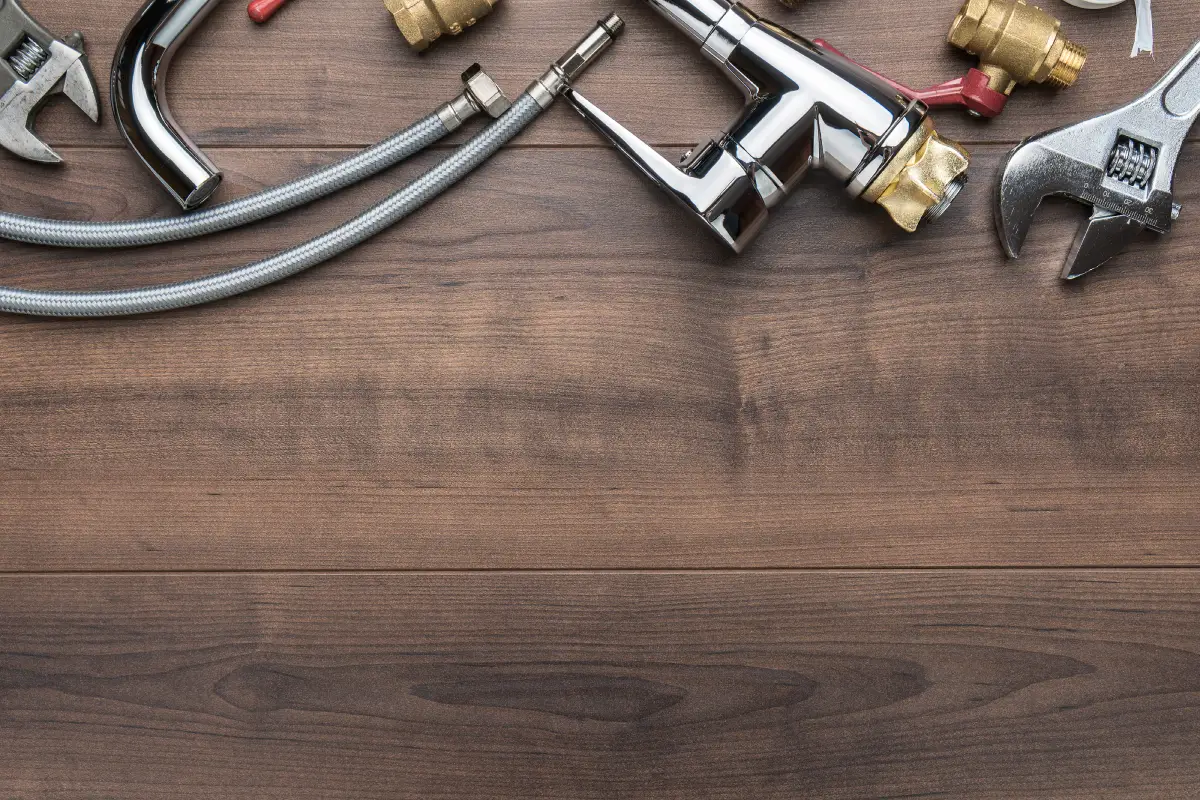The demands on a rental property in Pleasanton, CA, can change drastically with the seasons. From wet winters to dry, hot summers, the local climate has a direct impact on how property systems function. Neglecting small issues today can lead to expensive repairs tomorrow. That’s why strategic property maintenance is more than just a checklist—it’s a long-term investment in your asset's value and performance.
Savvy landlords take advantage of local maintenance services to stay ahead of problems, streamline repairs, and boost tenant satisfaction. Whether you own one unit or a full portfolio, a proactive approach ensures your Pleasanton rentals stay safe, efficient, and profitable.
Key Takeaways
- Seasonal maintenance keeps systems working efficiently and prevents emergency issues.
- Regular inspections allow for early issue detection and proper documentation.
- Clear lease language helps divide responsibilities and reduce tenant disputes.
- Prioritizing essential systems protects both tenants and long-term ROI.
- Property managers simplify ongoing maintenance through expert coordination.
Why a Proactive Maintenance Plan Pays Off
A wait-until-it-breaks mindset leads to unexpected costs and tenant frustration. Preventive maintenance avoids expensive surprises and helps landlords stay in control of their budgets. In Pleasanton, it also means addressing challenges like moisture, temperature shifts, and wear from sun exposure.
Smart preventive steps include:
- Scheduling HVAC servicing twice a year.
- Sealing windows and exterior trim against moisture intrusion.
- Flushing water heaters annually to reduce sediment.
- Checking roofs and gutters after storms.
- Testing smoke and CO detectors every season.
When routine maintenance is scheduled year-round, you create a smoother, more stable rental experience for everyone involved.
How Preventive Maintenance Saves You Money
1. Cut Emergency Repair Costs
Emergency repairs come at a premium and usually involve rushed decisions. Planned maintenance costs less and avoids last-minute vendor hunts.
2. Protect Long-Term System Health
Appliances and systems last longer when maintained. For instance, an annual HVAC check can prevent compressor failure, which is significantly more expensive to fix.
3. Boost Tenant Retention
Tenants are more likely to stay in well-maintained homes. Clean, functional spaces feel safer and more livable, leading to more lease renewals.
4. Improve Energy Efficiency
Well-maintained systems operate more efficiently. That means lower energy bills for tenants and reduced operating costs for you.
A Seasonal Guide to Pleasanton Property Maintenance
California's climate might be milder than others, but it still requires seasonal planning. Here's how to structure maintenance throughout the year:
Spring
- Inspect and clear gutters and downspouts
- Test irrigation and sprinkler systems
- Check the roofing for leaks after rainy months
- Schedule an air conditioning tune-up before summer
Summer
- Replace HVAC filters monthly
- Inspect insulation and attic ventilation
- Treat for seasonal pests and insects
- Touch up exterior paint and reseal surfaces
Fall
- Flush water heaters
- Inspect plumbing and weather stripping
- Schedule furnace servicing before cooler weather
- Clean and reseal windows and door frames
Winter
- Wrap exposed pipes to prevent freezing
- Check the thermostat and heating system efficiency
- Clear exterior drains and debris
- Test safety devices (smoke detectors, CO alarms)
Sticking to this seasonal routine helps reduce maintenance emergencies and keeps tenants happy year-round.
Make Inspections Part of Your Plan
Regular property inspections help landlords protect their investment. From catching leaks early to documenting property condition, inspections are essential.
Recommended types of inspections:
- Move-in: Establish the property condition before tenants take occupancy.
- Mid-lease: Identify wear, damage, or neglected maintenance.
- Seasonal: Check HVAC, roofing, and plumbing based on the time of year.
- Move-out: Document condition and assess potential deductions.
Not sure how often to schedule inspections? A full-service manager can help you align timing with legal requirements and best practices.
Clarify Responsibilities in the Lease
Tenant-landlord disputes often stem from unclear maintenance responsibilities. A solid lease agreement prevents misunderstandings and protects both parties.
Typical landlord responsibilities:
- Structural upkeep (roofing, plumbing, HVAC)
- Appliance repair or replacement
- Addressing health and safety issues
Common tenant responsibilities (if noted in the lease):
- Replacing filters and lightbulbs
- Reporting maintenance needs promptly
- Maintaining landscaping or cleanliness
To avoid disagreements over deductions, learn what to know about security deposits and include clear documentation in every lease.
Systems That Need Consistent Attention
Some areas of your rental property deserve more frequent monitoring to avoid damage and keep things running smoothly.
HVAC
- Replace filters every 30–60 days
- Schedule spring and fall tune-ups
- Check thermostat calibration and airflow
Plumbing
- Inspect for leaks around sinks, toilets, and appliances
- Insulate exposed pipes before winter
- Test water pressure and flush heaters yearly
Roofing and Exterior
- Inspect roof shingles and flashing
- Clean gutters and downspouts
- Repaint or reseal wood surfaces exposed to the sun
Electrical and Safety Systems
- Test smoke alarms and carbon monoxide detectors
- Replace batteries each season
- Verify GFCI outlets and electrical panel safety
Keeping these areas in top shape avoids unnecessary tenant complaints and keeps your property compliant with Pleasanton housing codes.
Why Work with a Professional Property Manager
Trying to juggle inspections, vendors, and seasonal upkeep on your own can quickly become overwhelming. That’s where full-service property managers come in.
PMI All Bay offers a streamlined, tech-powered approach to rental care. We handle:
- Preventive maintenance schedules
- Trusted local vendor coordination
- Emergency repairs and 24/7 response
- Seasonal inspections and digital reports
- Lease drafting with built-in responsibilities
Curious if professional help is right for you? Here’s why full-service property management could be the best move for Pleasanton landlords.
Elevate Your Property Performance in Pleasanton
In the Pleasanton market, well-maintained properties don’t just rent faster—they rent better. With reduced vacancies, lower turnover, and happier tenants, preventive maintenance is an essential piece of your long-term investment strategy.
Ready to start planning? Contact PMI All Bay today to take the first step toward hassle-free, performance-driven property maintenance.
FAQs
How often should I replace HVAC filters in my rental?
At least every 30 to 60 days, especially during high-use months.
Can I require tenants to handle minor maintenance?
Yes, but responsibilities must be clearly stated in the lease.
What maintenance tasks are considered landlord obligations?
Landlords are typically responsible for major systems and safety compliance.
Is professional property management worth the cost?
For most landlords, yes. It reduces stress, improves response times, and ensures compliance.
What happens if I delay routine maintenance?
Delays can lead to emergency repairs, tenant dissatisfaction, and higher long-term expenses.



